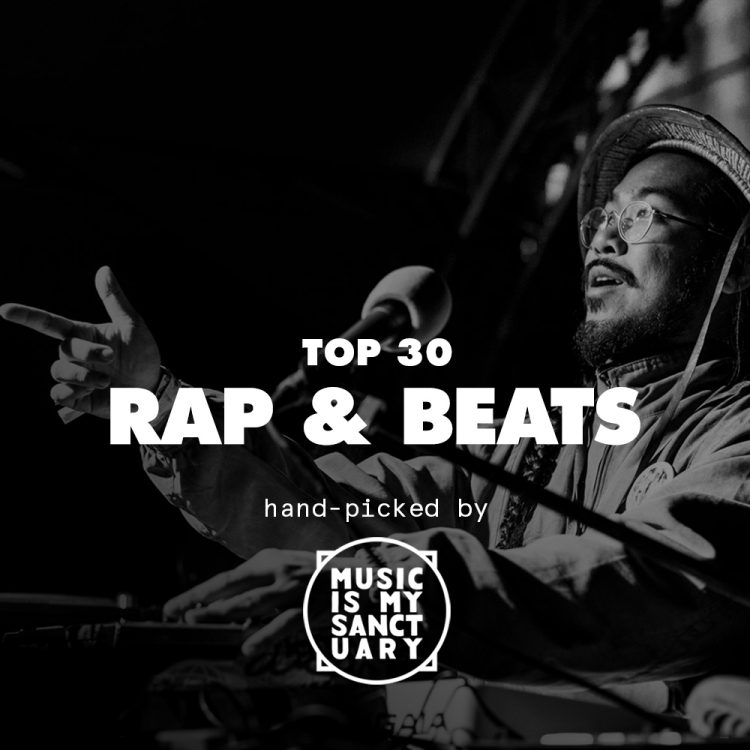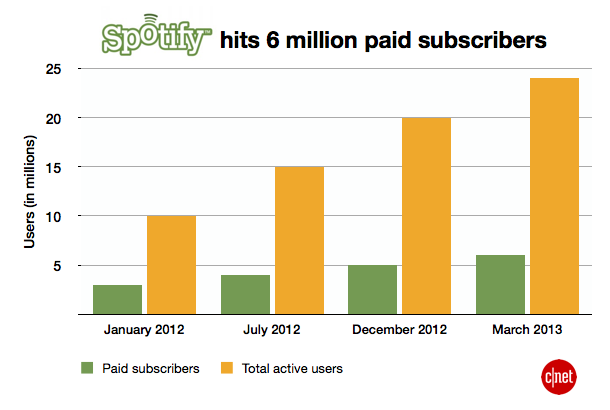

It is already fighting fires with acts complaining about how little they get paid as well as how hard it is to build a sustainable career from streaming. If unscrupulous operators are either gaming the system to drain the pool of payable royalties or are exploiting new acts’ desperation to make an impact on streaming services, the PR war and the policing activities Spotify has to engage with are going to become incrementally harder to navigate.

“We heard recently about an artist beef that escalated into buying artificial streams for one another's music as unsubtly as possible, in the hope of getting the rivals punished,” wrote Music Ally in September. This all cost the record companies behind them money, but the belief was that they would reap the benefits further down the line if the act became established from their breakthrough “hit”.Ĭhart manipulation merely adapts to new technologies but the move into streaming could, however, see a darker side emerge – one where it is less about raising your profile and more about undermining the profiles of your nearest rivals.

In the days of physical singles, teams of buyers would target chart-return shops and buy up multiple copies of singles to propel them into the charts. It was believed Freed would be questioned about Clark's widespread record and music publishing business. The committee has started hearings on the activities of television disc jockey Dick Clark. to swear he did not accept payola, is shown during his appearance before a House payola investigation committee at which he was scheduled to testify behind closed doors.

(Original Caption) Former disc jockey Alan Freed of New York City, who lost his job when he refused. It resurfaced in the 1980s on a more industrialised scale as covered in Frederic Dannen’s 1991 book Hit Men: Power Brokers & Fast Money Inside the Music Business. One concern in the music industry is that this is diluting the pool of available money that could go to musicians rather than those dealing in white noise and nature sounds.Ĭhart manipulation and “creatively” adapting the rules has been a constant in the record industry since the 1950s when payola was a heavy presence in radio, a scandal which brought down DJ Alan Freed. Its playlists are made up of tracks that are often only 31 or 32 seconds in length, only just crossing the 30-second threshold that Spotify requires a song to be played for in order to qualify for a royalty payment. (Photo by Sebastian Reuter/Getty Images for Spotify) Getty Images for Spotify Ek discussed how fair competition enables consumers and innovators to win. Competition at Steigenberger Hotel am Kanzleramt on Main Berlin, Germany. BERLIN, GERMANY - MARCH 14: Spotify founder Daniel Ek speaks at the 19th International Conference on.


 0 kommentar(er)
0 kommentar(er)
